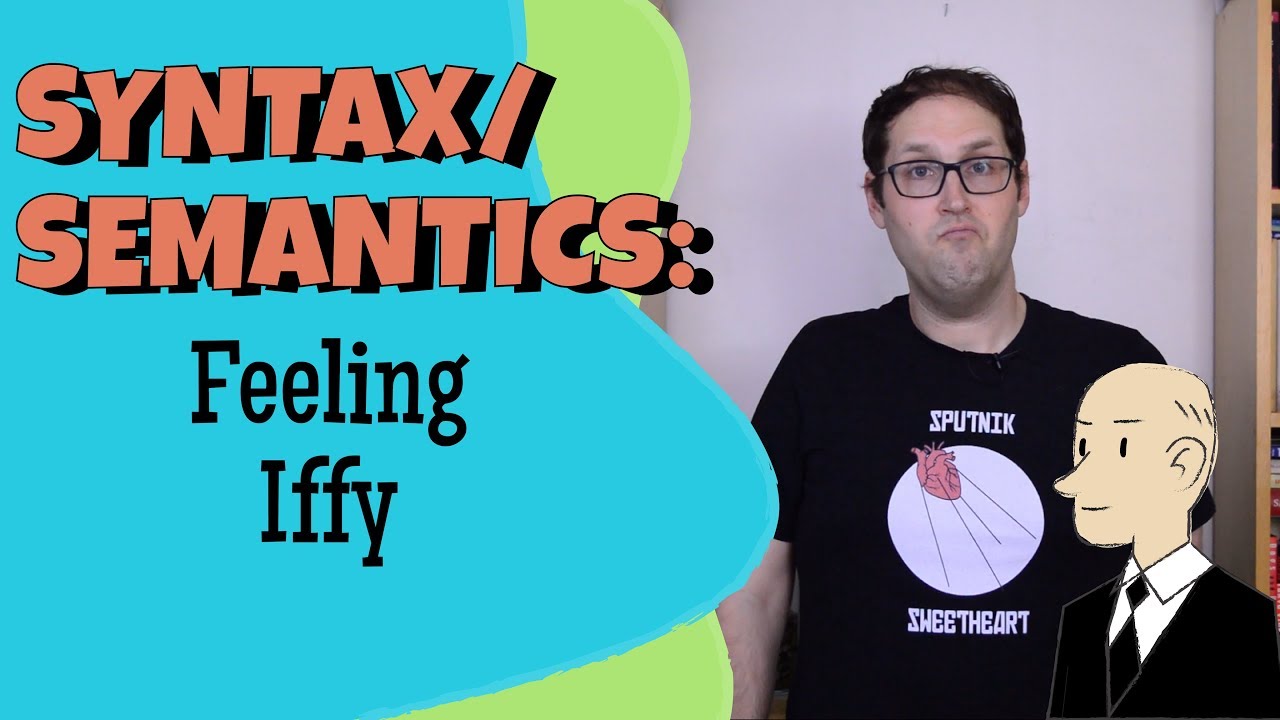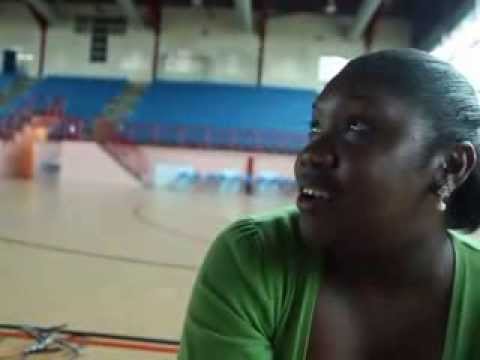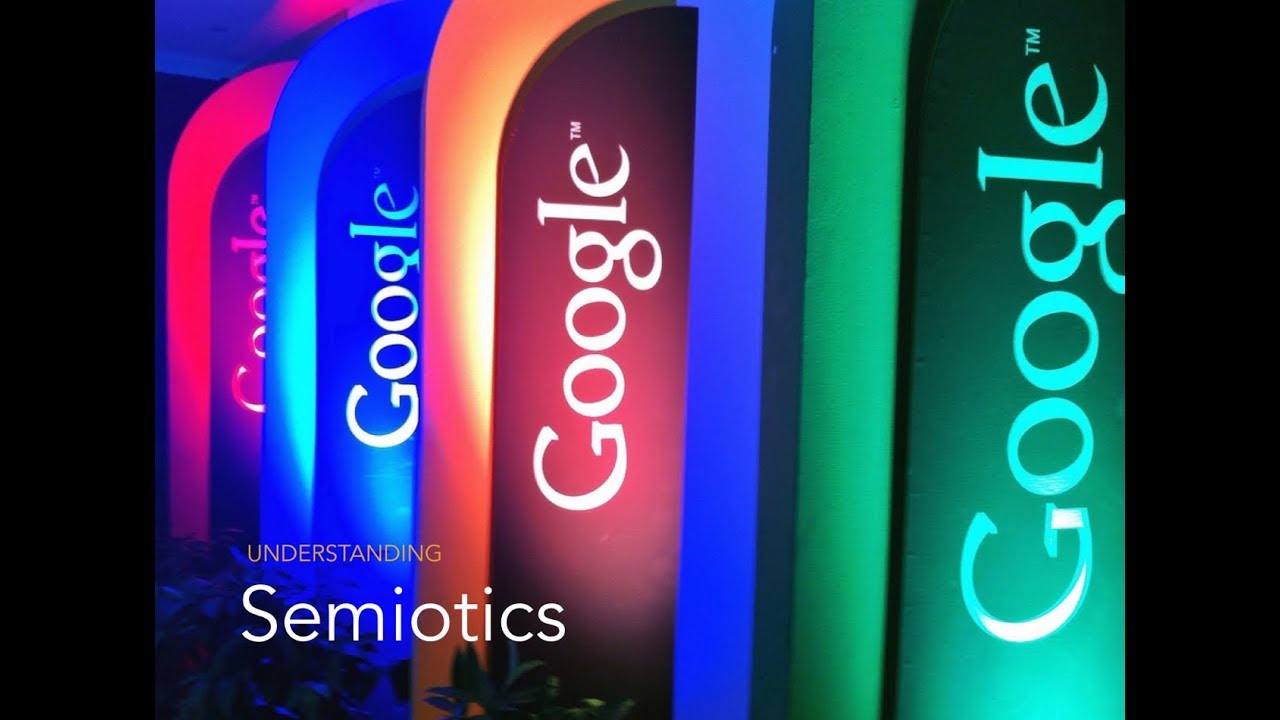The Ling Space
What’s in our minds when we throw an if/then sentence out there? How do we work out what worlds we may be talking about? In this week’s episode, we talk about the semantics of conditionals: what an “if” looks like logically, why a simple logical arrow isn’t enough to capture the complexities of conditionals, and how we change what possibilities we allow ourselves to think of based on what our “if” clause holds.
This is Topic #95!
This week’s tag language: Kyrgyz!
Related videos:
How Logical is Language? https://youtu.be/lw4ykgRtv3Q
How Do We Capture the Truth of Beliefs? Type Theory: https://youtu.be/CWE9ycOxCEQ
Can we define “must”? Modality: https://youtu.be/vtYdrzdU2dY
Last episode:
How do we understand missing words? The syntax of Ellipsis: https://youtu.be/WXhn1tdZ_os
Other of our semantics videos:
Thinking vs. Knowing: Presuppositions and Anti-presuppositions: https://youtu.be/-iQ7XrehKdw
How Do We Signal What’s Important When We Talk? Information Structure: https://youtu.be/gZ6o8yFvJYI
How Can One Greek Letter Help Us Understand Things? Lambda Calculus: https://youtu.be/BwWQDzXBuwg
Our website also has extra content about this week’s topic, on other kinds of conditional sentences, at: http://www.thelingspace.com/episode-95/
Find us on all the social media worlds:
Tumblr: http://thelingspace.tumblr.com/
Twitter: http://twitter.com/TheLingSpace
Facebook: http://www.facebook.com/thelingspace/
And at our website, http://www.thelingspace.com/ !
You can also find our store at the website, https://thelingspace.storenvy.com/
We also have forums to discuss this episode, and linguistics more generally.
Sources:
The theory of conditionals here dates back to Kratzer’s 1986 paper “Conditionals,” which is where that quote at the end comes from: http://semanticsarchive.net/Archive/ThkMjYxN/Conditionals.pdf
The idea of if-clauses as restrictors actually goes back to David Lewis’ 1975 paper “Adverbs of Quantification,” which you can find here: http://www.andrewmbailey.com/dkl/Adverbs_of_Quantification.pdf.
The presentation was based mostly on some of the usual semantic suspects:
http://web.mit.edu/fintel/fintel-heim-intensional.pdf,
Seth Cable’s course notes: http://people.umass.edu/scable/LING620-SP18/Handouts/12.Conditionals.pdf
http://schoubye.org/teaching/Formal-Semantics/FormalSemanticsNotes2014.pdf.
Crucial inspiration also from here http://books.google.ca/books?id=1NwWDgAAQBAJ&dq=frana+modality+in+the+nominal+domain&source=gbs_navlinks_s , in a chapter by Ilaria Frana titled “Modality in the Nominal Domain: The Case of Adnominal Conditionals.”
There’s also a series of videos on YouTube that explores the topic from a more philosophical point-of-view, and arrives at a different conclusion, but might still be of interest, starting here: http://www.youtube.com/watch?v=4Zxp2-_pLCE
#linguistics #semantics #TheLingSpace
Looking forward to next time! .




If this video gets taken down by the German government because you've unintentionally exposed their classified "Portalprojekt," I will be very sad.
It sounds like my neurolinguistic programming has some bugs. Pls fix!
Thanks so much for this channel. I teach college courses online and love sociolinguistics, in particular. I enjoy sharing these videos with students as the content and video quality is top notch.
Have you been checking my search history? That is exactly what I’ve been curious about.
I graduated from undergrad linguistics in 2015 and then moved onto something else; I remember that in second year semantics, we covered the "first-order logic" explanation of "if/then", and then in third year, we did extensional semantics, with one week of intensional semantics introduced at the end. You just took me past that, at least in the ways relevant to explaining conditional statements, in like 12 minutes. Thank you and congrats!
Good video, I need to watch it again, because I still don't understand how a predicate being false, leads to the whole sentence evaluating to true. I'm assuming it's because the IF works like an OR disjunction in propositional logic.
Is IF really OR in disguise? The Venn diagrams seem to suggest so. But I could be wrong, it's 3am here
nice to see a new video! welcome back (or did i miss one recently?)
Berlin, Potsdam, Templin, a copy of Run Lola Run on the shelf. Been spending time in Berlin/Brandenburg?
Good video but can the background music be lessened in volume so we can hear Moti better. Thanks.
This is super pedantic since it's in a different area of study from linguistics, but you're statement about how logicians use if/implication is generally true for classical logic, but not all logics. Paraconsistent logic for instance is explicitly designed to express these other meanings of "if".
Have you done a video on light verbs and how they can cause transitivity? I.e. How it's possible to make an intransitive verb transitive by adding little v to the structure… would love to see it. Also how does structure differ with ergative verbs?
Can you make an episode about the ins and outs of "asking question" or there's already one? Does the brain first make a best guess of what the expected answer would be and then re-write it into a question, or we are wired to shoot directly for the right sentence structure? What's the role of idiomatic questions and their structure, does that influence/limits the scope of questions we can ask in different situations?